
Google BigQuery
Integrate Sifflet with BigQuery to monitor all table types, access field-level lineage, enrich metadata, and gain actionable insights for an optimized data observability strategy.




Metadata-based monitors and optimized queries
Sifflet leverages BigQuery's metadata APIs and relies on optimized queries, ensuring minimal costs and efficient monitor runs.

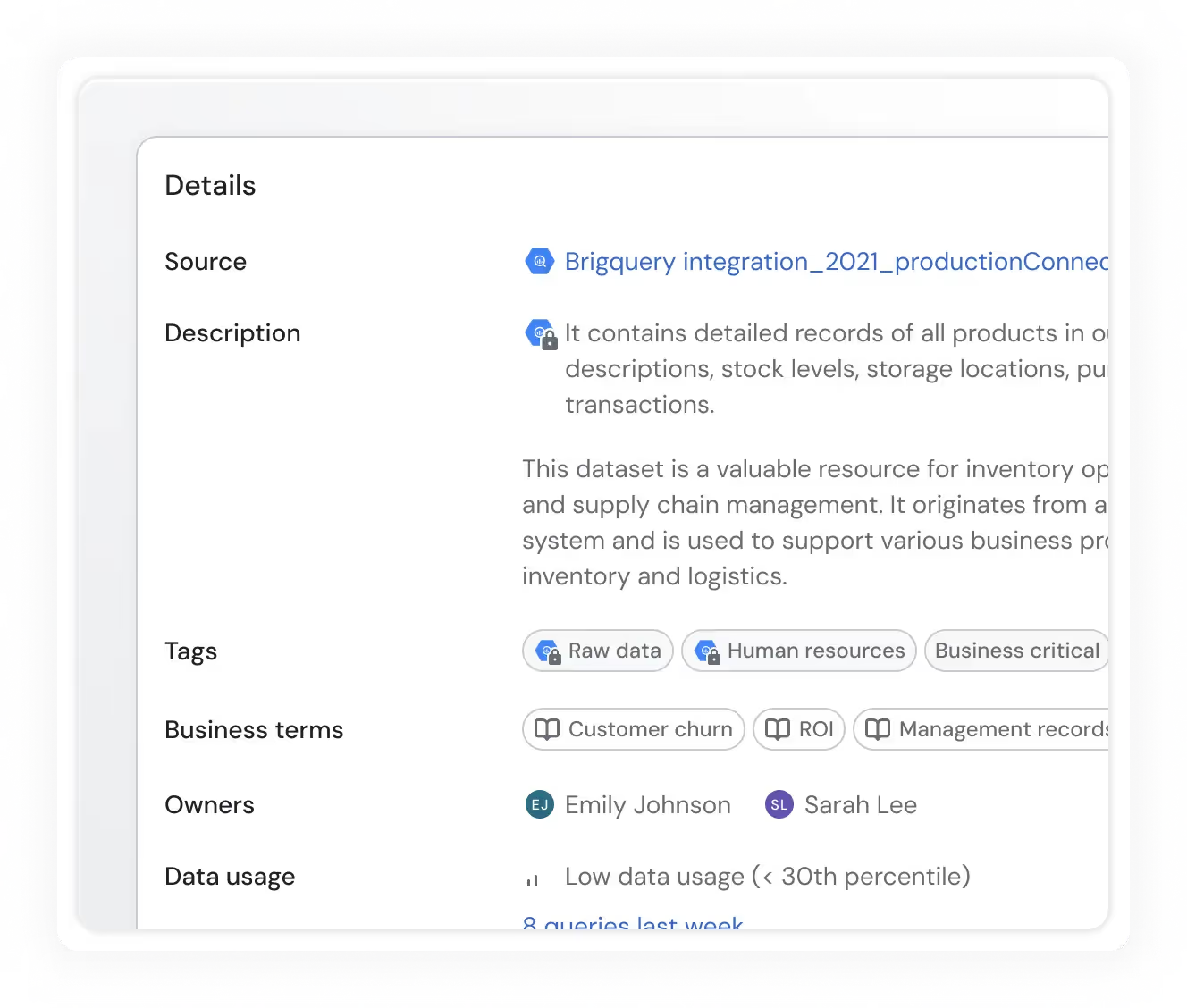
Usage and BigQuery metadata
Get detailed statistics about the usage of your BigQuery assets, in addition to various metadata (like tags, descriptions, and table sizes) retrieved directly from BigQuery.
Field-level lineage
Have a complete understanding of how data flows through your platform via field-level end-to-end lineage for BigQuery.
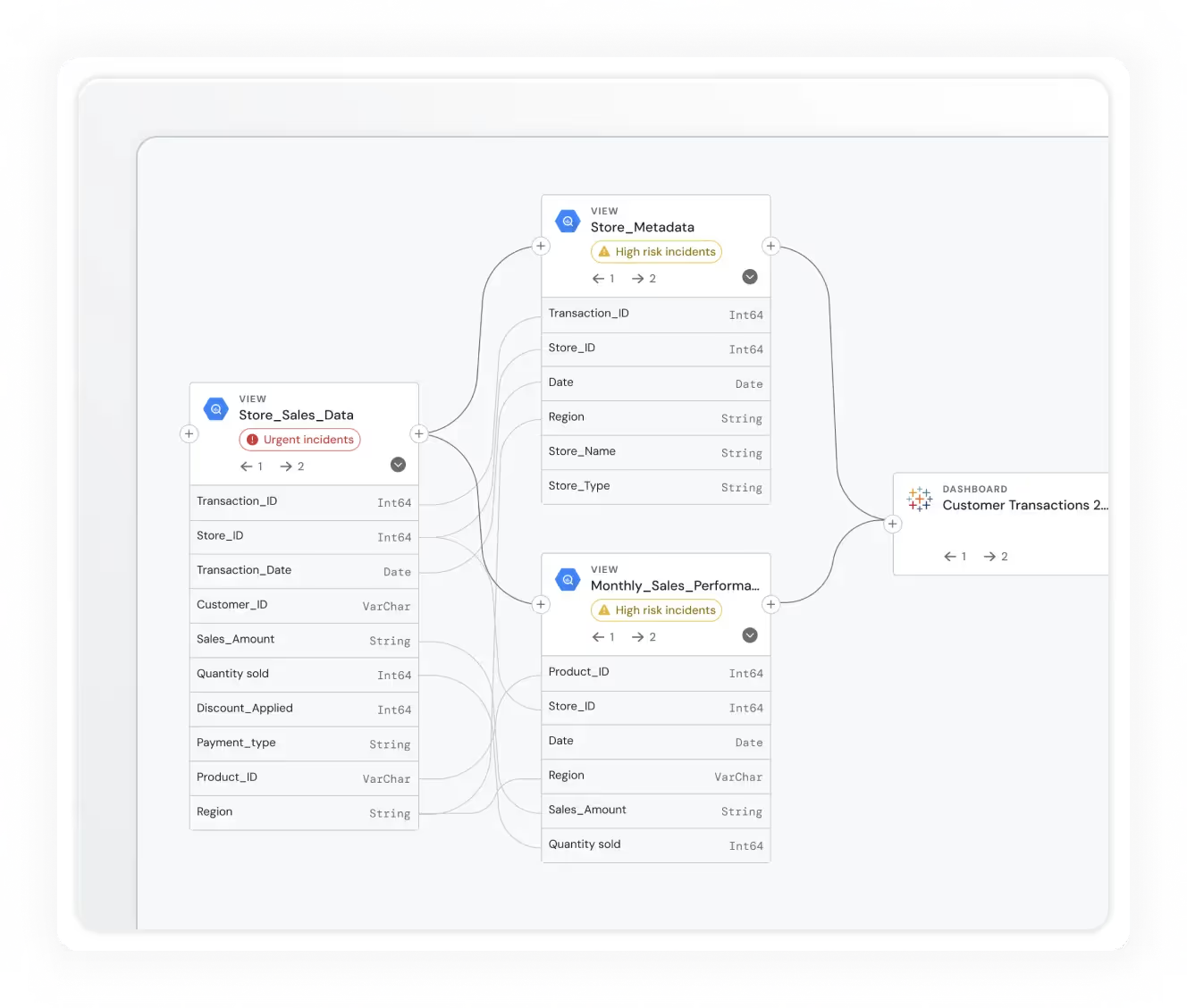
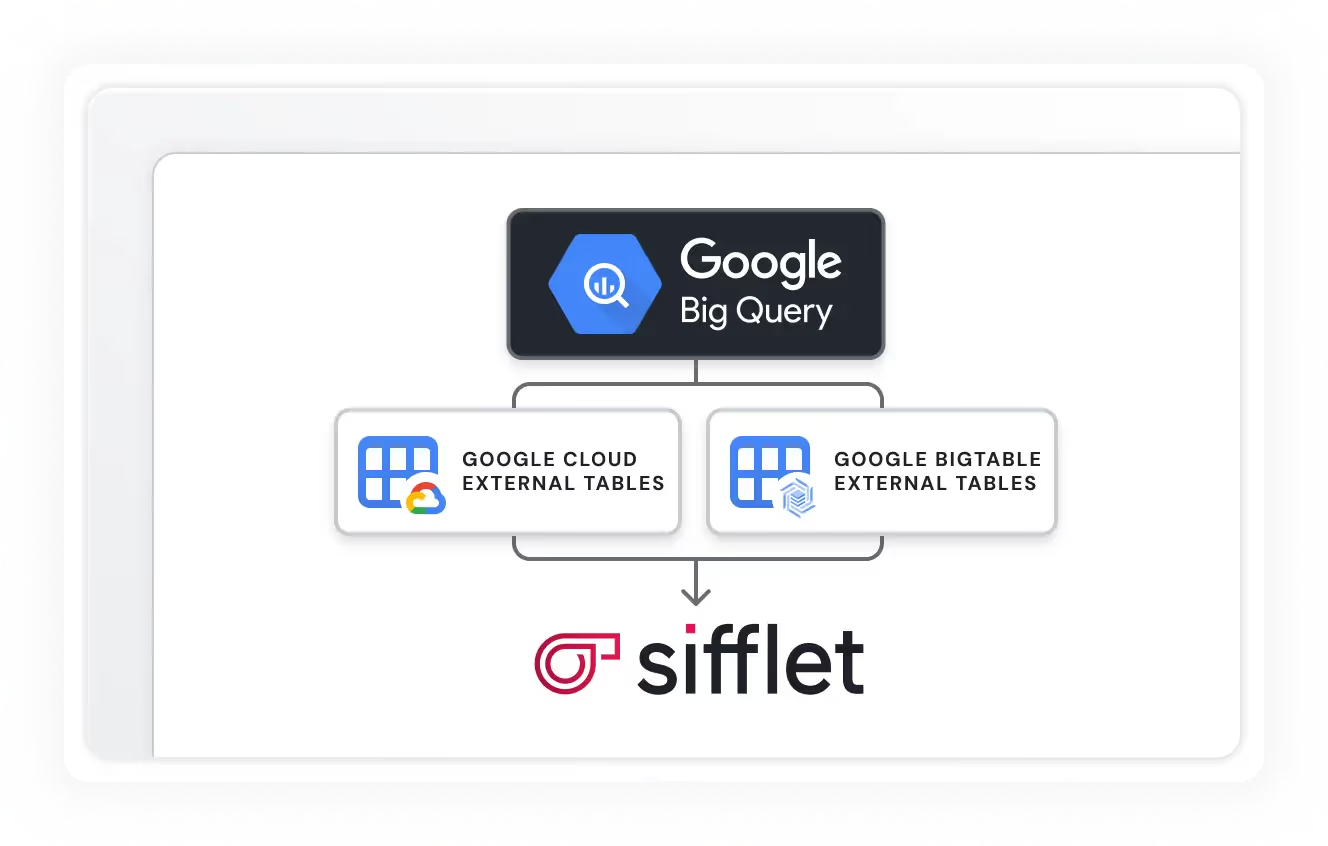
External table support
Sifflet can monitor external BigQuery tables to ensure the quality of data in other systems like Google Cloud BigTable and Google Cloud Storage














Still have a question in mind ?
Contact Us
Frequently asked questions
How has AI changed the way companies think about data quality monitoring?
AI has definitely raised the stakes. As Salma shared on the Joe Reis Show, executives are being asked to 'do AI,' but many still struggle with broken pipelines. That’s why data quality monitoring and robust data observability are now seen as prerequisites for scaling AI initiatives effectively.
How does Sifflet use AI to enhance data observability?
Sifflet uses AI not just for buzzwords, but to genuinely improve your workflows. From AI-powered metadata generation to dynamic thresholding and intelligent anomaly detection, Sifflet helps teams automate data quality monitoring and make faster, smarter decisions based on real-time insights.
What role does technology play in supporting data team well-being?
The right technology can make a big difference. Adopting observability tools that offer features like data lineage tracking, data freshness checks, and pipeline health dashboards can reduce manual firefighting and help your team work more autonomously. This not only improves productivity but also makes day-to-day work more enjoyable.
What kind of health scoring does Adaptavist use for their data assets?
Adaptavist built a platform health dashboard that scores each asset based on data freshness, quality, and reliability. This kind of data profiling helps them prioritize fixes, improve root cause analysis, and ensure continued trust in their analytics pipeline observability.
What does the Sifflet and Google Cloud partnership mean for users?
Great question! This partnership allows Google Cloud users to integrate Sifflet’s data observability platform directly within their private cloud environment. That means better visibility, reliability, and trust in your data from ingestion all the way to analytics.
Why is data observability so important for AI-powered organizations in 2025?
Great question! As AI continues to evolve, the quality and reliability of the data feeding those models becomes even more critical. Data observability ensures that your AI systems are powered by clean, accurate, and up-to-date data. With platforms like Sifflet, organizations can detect issues like data drift, monitor real-time metrics, and maintain data governance, all of which help AI models stay accurate and trustworthy.
Can MCP help with data pipeline monitoring and incident response?
Absolutely! MCP allows LLMs to remember past interactions and call diagnostic tools, which is a game-changer for data pipeline monitoring. It supports multi-turn conversations and structured tool use, making incident response faster and more contextual. This means less time spent digging through logs and more time resolving issues efficiently.
Why is collaboration important in building a successful observability platform?
Collaboration is key to building a robust observability platform. At Sifflet, our teams work cross-functionally to ensure every part of the platform, from data lineage tracking to real-time metrics collection, aligns with business goals. This teamwork helps us deliver a more comprehensive and user-friendly solution.









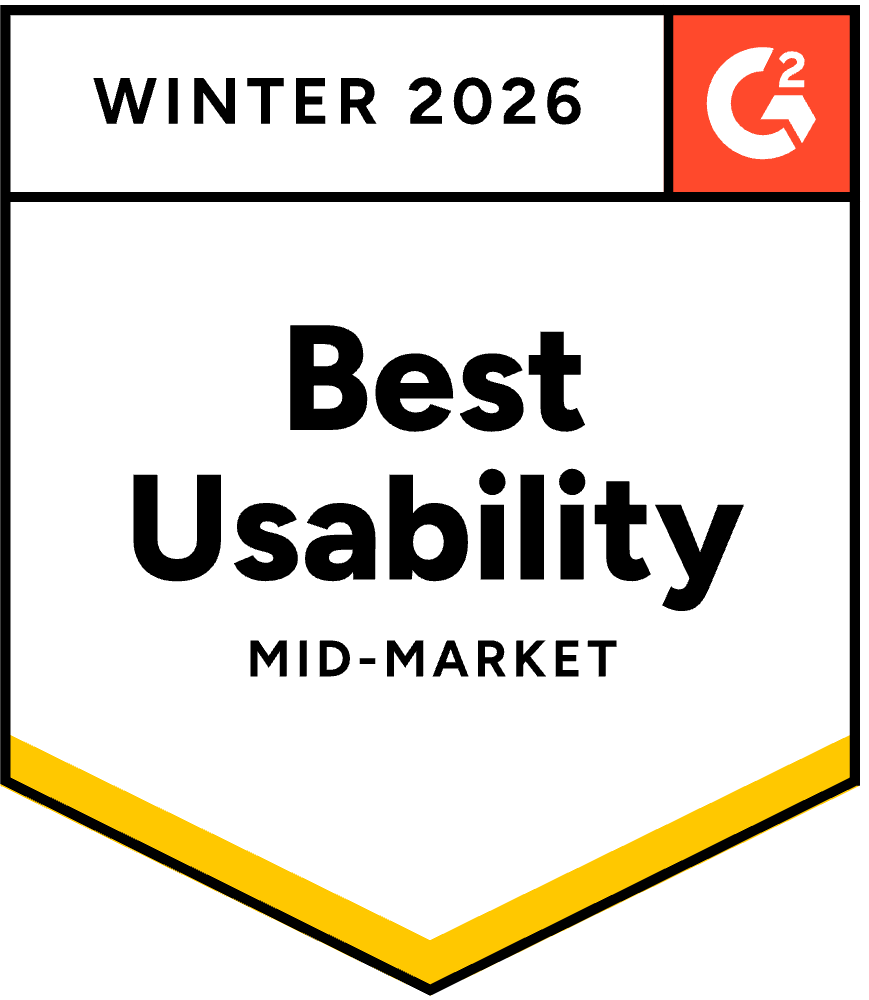


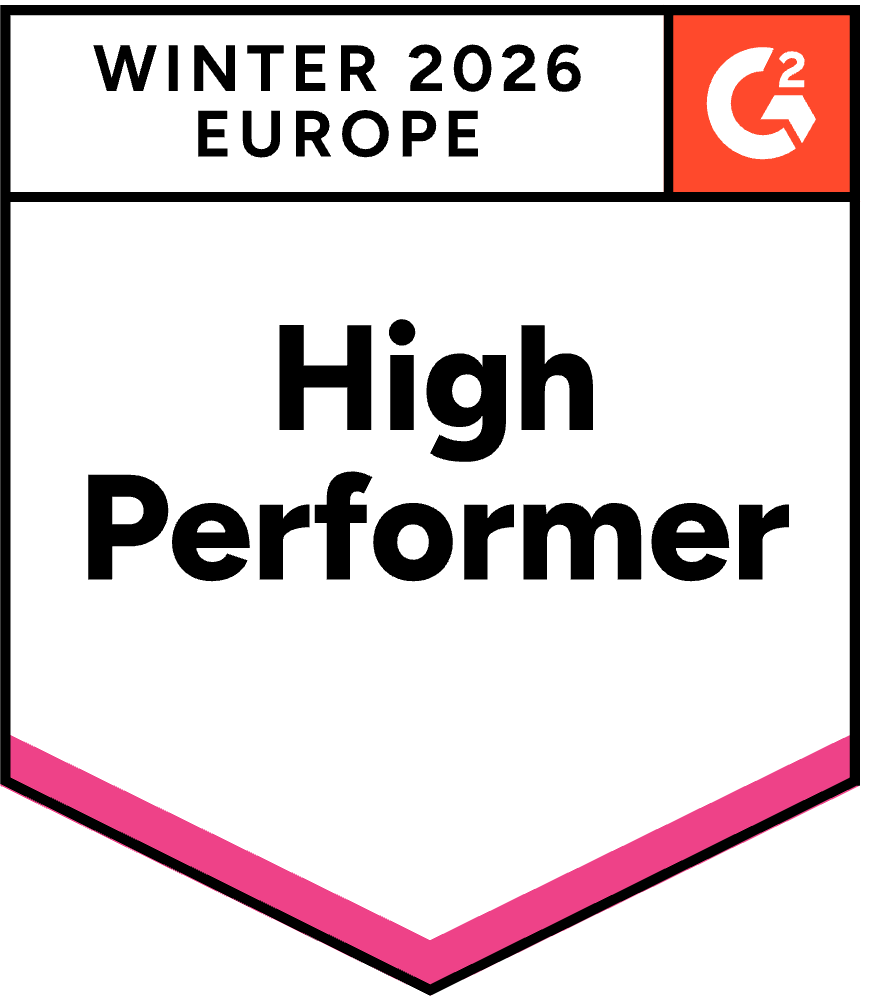







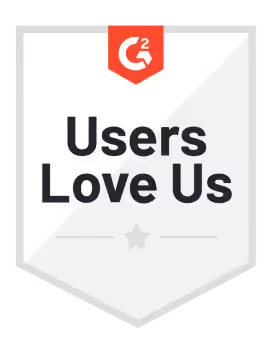
-p-500.png)
